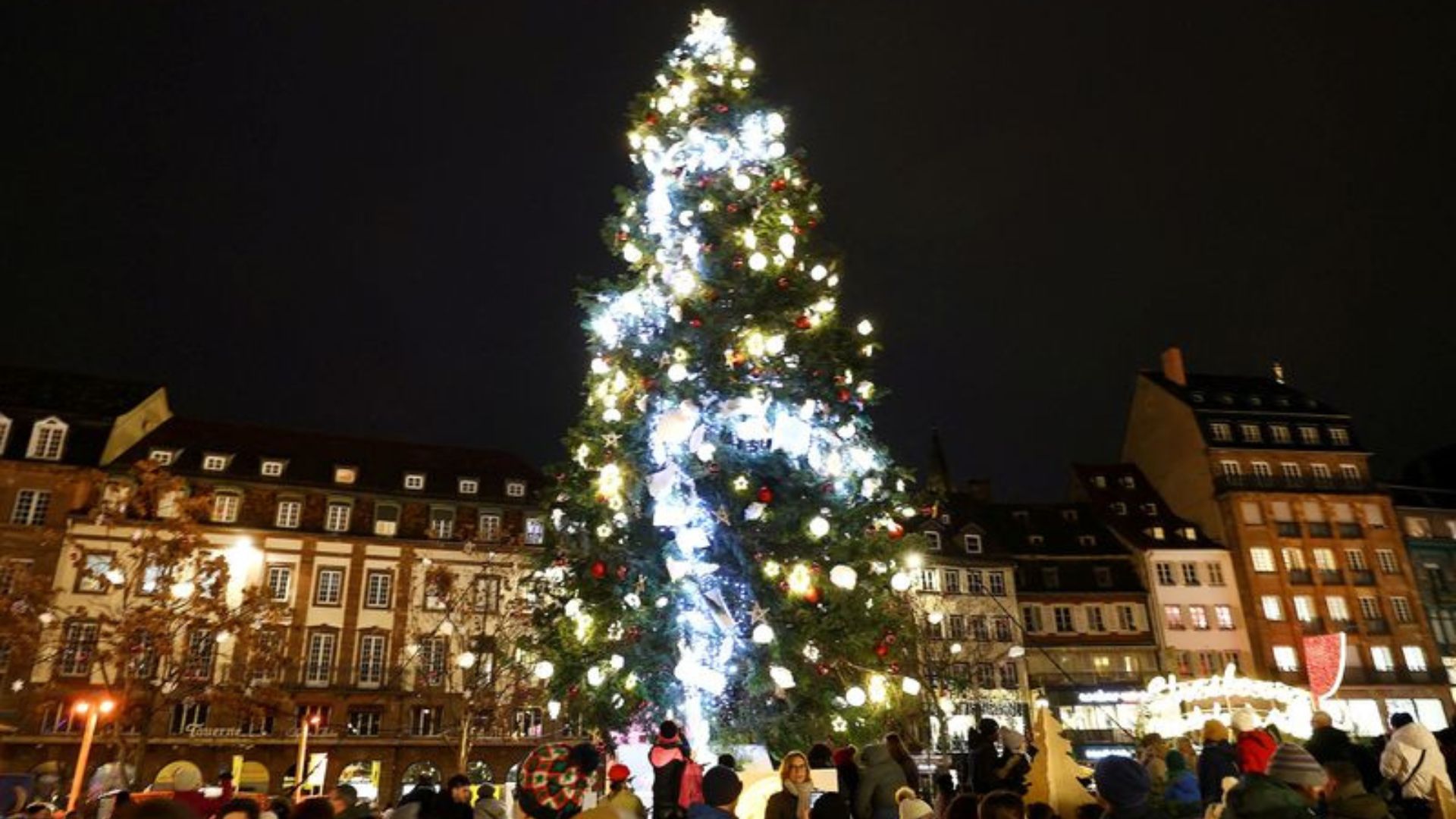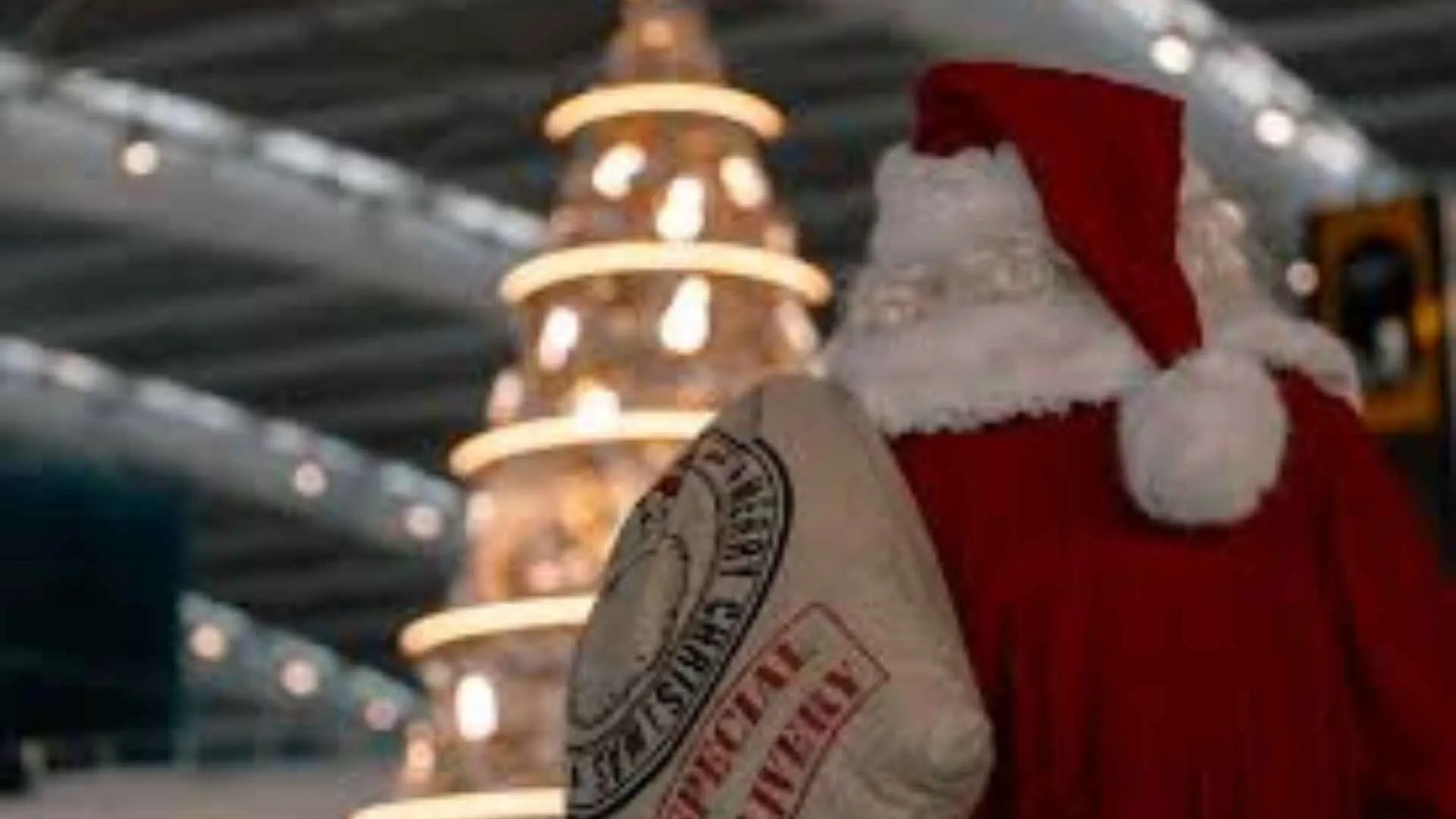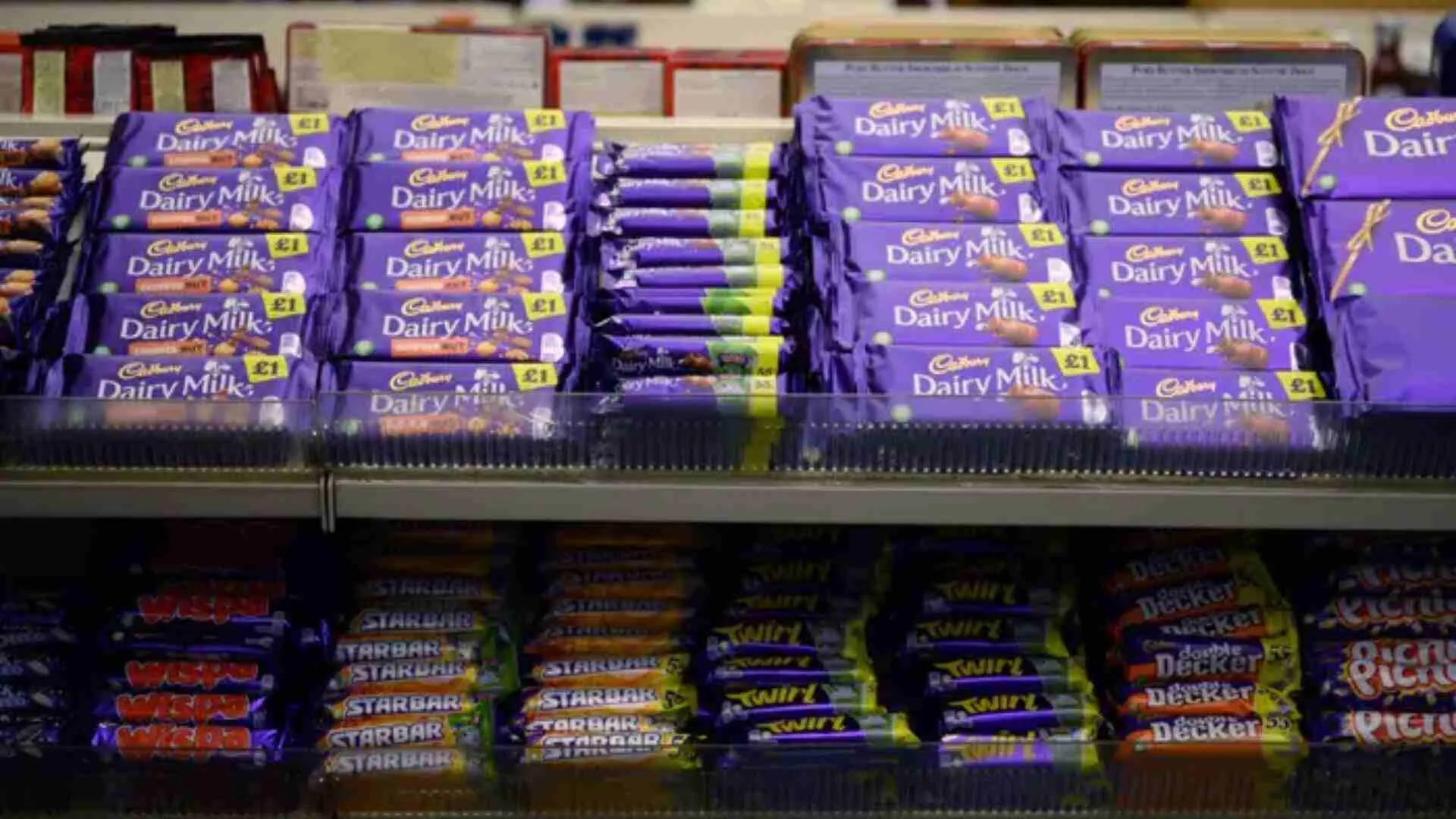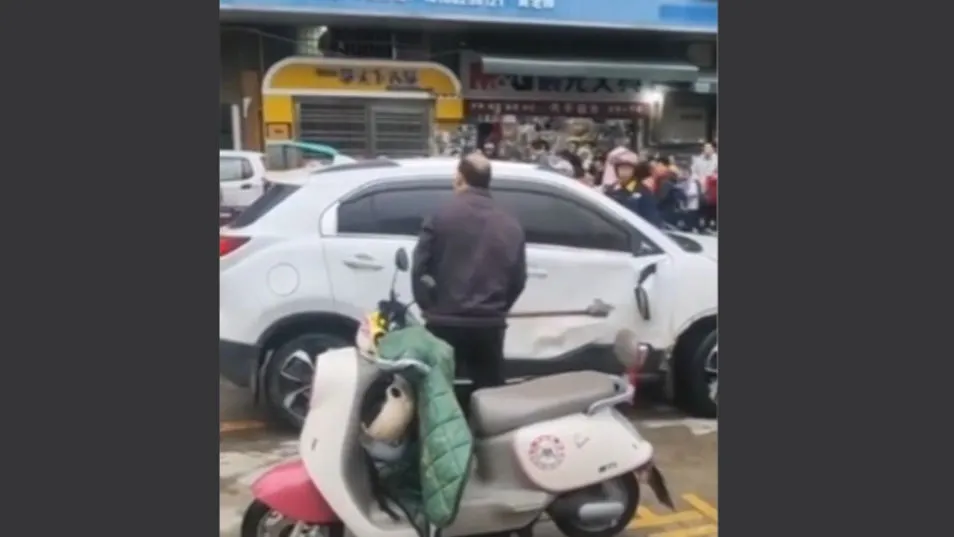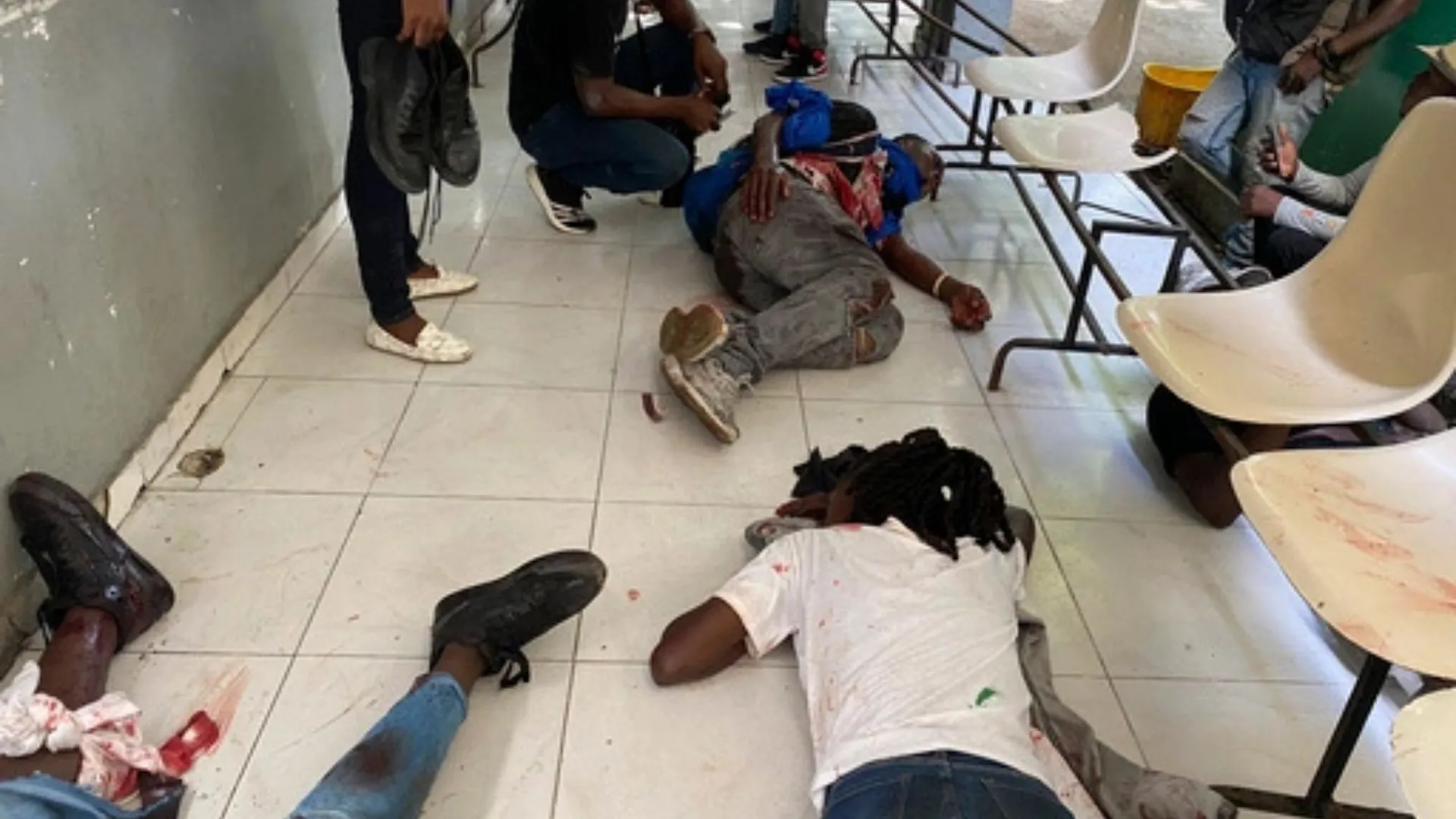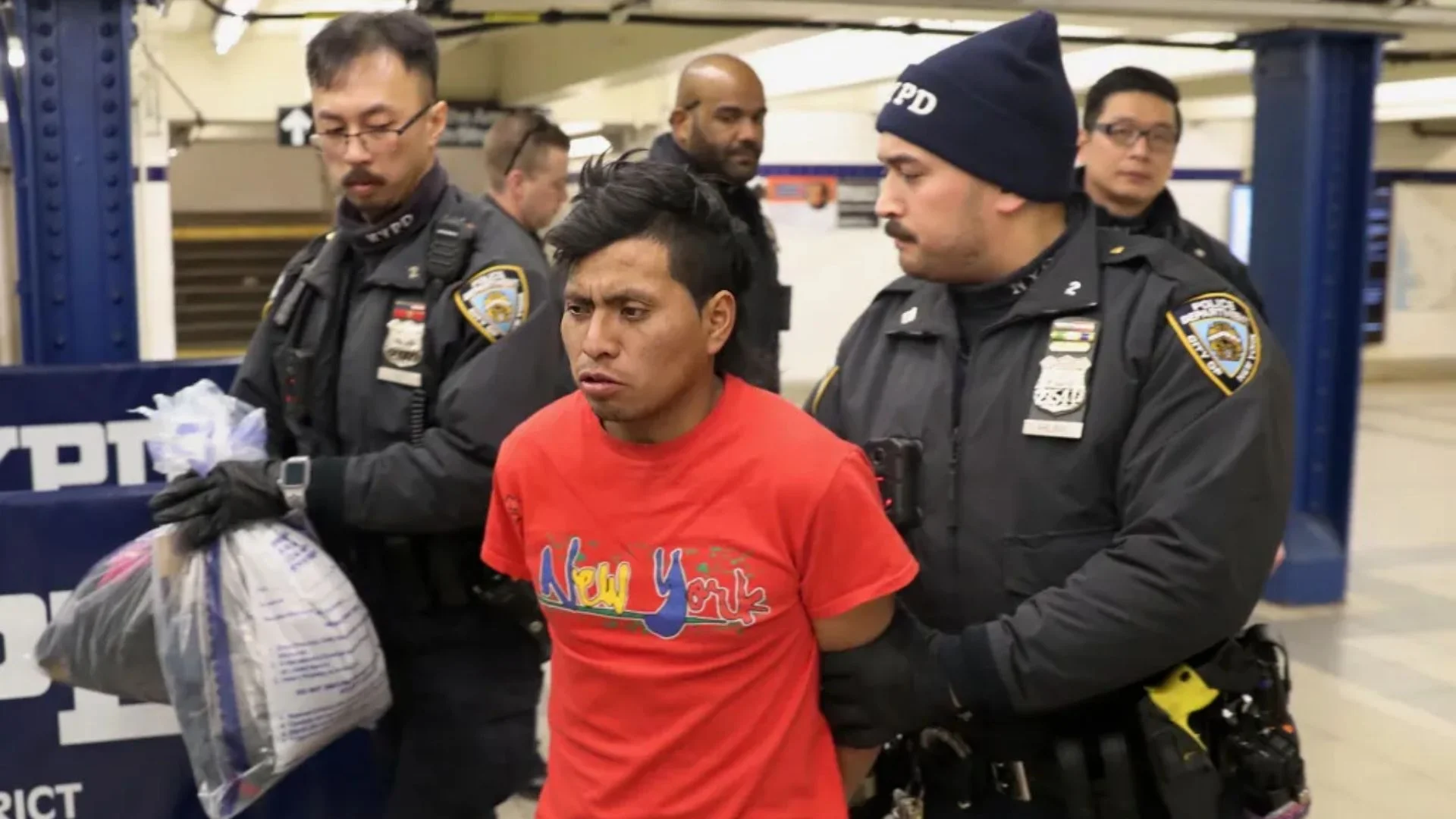France’s Ministry of Interior has extended security measures initially implemented for the summer Olympic Games to protect the renowned Christmas market in Strasbourg, raising alarms among human rights advocates and legal experts. The measures, which include restrictions on the movements of individuals deemed potential security threats, have drawn criticism for their broad application and perceived lack of due process.
One such individual, a Chechen refugee known as Khaled, found himself under a daily check-in order from police after being identified as a potential threat due to his past associations. Initially, he did not contest the order, believing it was part of the extensive security operations surrounding the Olympics. However, when the restrictions were extended to include the Christmas market—targeted in a deadly attack in 2018—Khaled decided to appeal the decision in the city’s administrative court.
On October 3, the court ruled that the measures imposed on Khaled were “disproportionate,” noting that he had no criminal record and was not under investigation for any crime. While the court lifted most restrictions, it upheld the prohibition on attending the Christmas market, which ultimately cost Khaled his place in a cybersecurity course he was set to begin in September.
“I lost my place. This year has gone to waste,” Khaled told Reuters, speaking on the condition of anonymity due to fears of further repercussions.
The recent car-ramming attack at a Christmas market in Germany
The recent car-ramming attack at a Christmas market in Magdeburg, Germany, which resulted in multiple fatalities, has intensified scrutiny of security protocols across Europe. In France, the interior ministry’s extensive use of powers under a 2017 anti-terror law has already faced backlash from lawyers and human rights activists, who argue that the measures are being applied too broadly.
According to a parliamentary report, at least 547 individuals were placed under an “individual measure of administrative control and surveillance” (MICAS) for the Paris Olympics, many of whom, like Khaled, had never faced criminal charges. Critics warn that the expanded use of MICAS could set a troubling precedent for future public events.
David Poinsignon, a lawyer representing several individuals affected by MICAS orders, expressed concern that the measures have become a tool for “predictive justice,” disproportionately targeting individuals without terrorism-related convictions. Ben Saul, a U.N. special rapporteur on counter-terrorism and human rights, emphasized the need for France to use MICAS orders judiciously, highlighting the risks of abuse and discrimination.
The interior ministry has not commented on the specific cases related to the Christmas market. However, former Interior Minister Gerald Darmanin previously stated that the measures were reserved for individuals deemed “very dangerous.”
The introduction of MICAS orders is part of a broader trend of tightening security laws in France, particularly in response to a series of deadly attacks and the rise of far-right political movements. Initially, these measures were primarily used to monitor individuals after serving prison sentences.
As the use of MICAS orders has expanded, so too have successful legal challenges against them. A parliamentary report noted that judges had canceled or suspended at least 55 orders related to the Olympics and Christmas markets this year, often citing insufficient evidence of a threat.
Khaled’s case exemplifies the growing concerns surrounding the application of these measures. Intelligence reports allege that he associated with individuals linked to terrorism, but Khaled maintains that these were merely acquaintances from his neighborhood and gym, and he denies any involvement in extremist discussions.
As of December 6, the interior ministry extended Khaled’s MICAS order for a third time, prompting him to appeal once more as he awaits the outcome. The situation highlights the ongoing tension between national security measures and individual rights in France, particularly in the context of high-profile public events.

